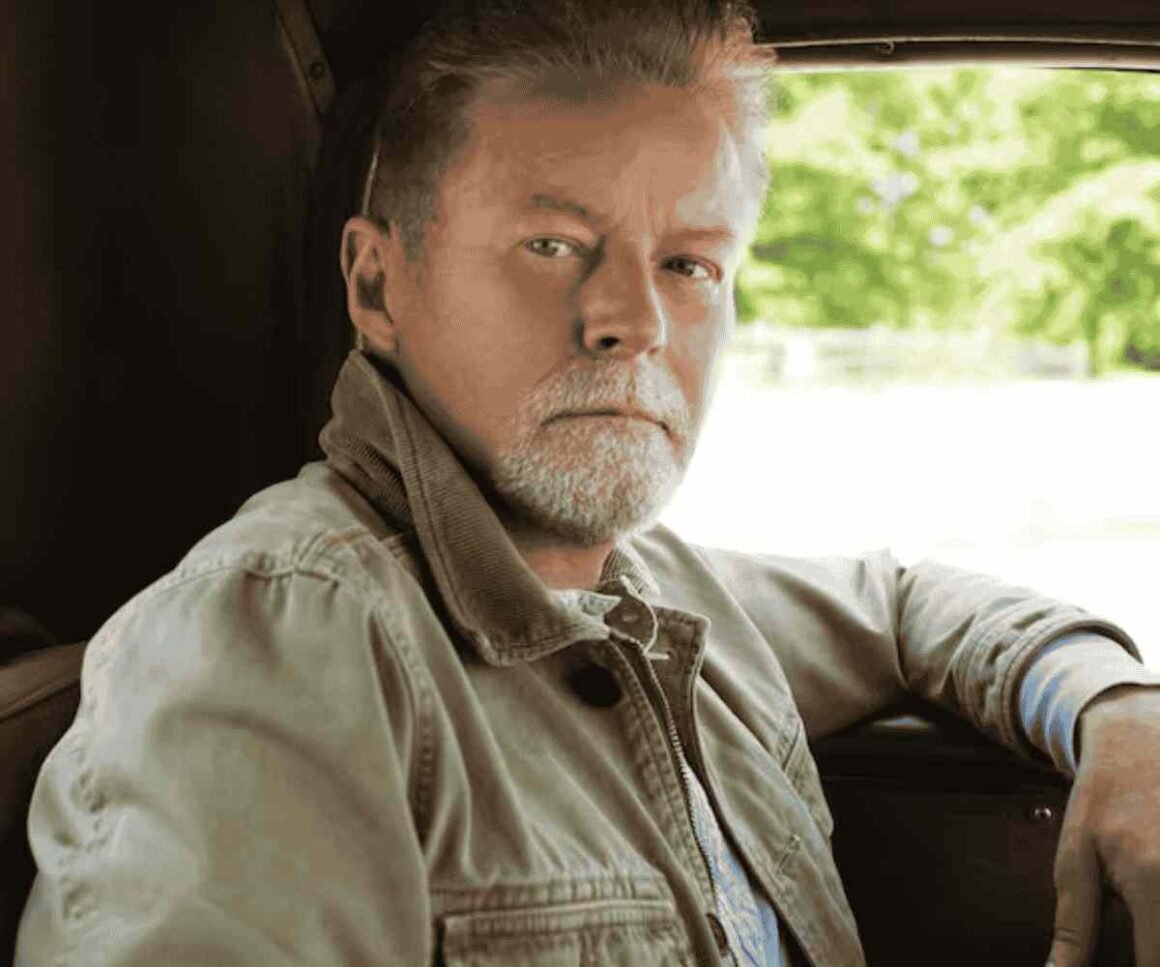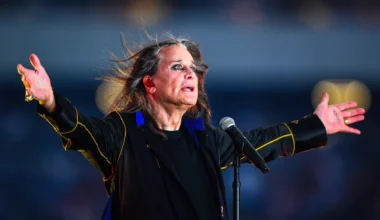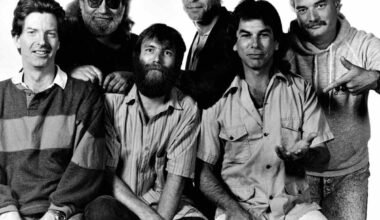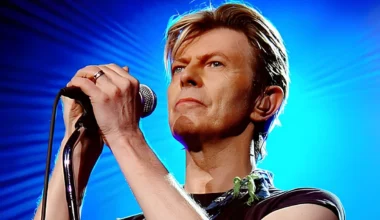There’s no denying the profound influence of the Eagles. Even after the band split in 1980, the continued popularity of their music underscored just how significant they had become.
Glenn Frey, always candid about the band’s success, reflected on its lasting impact.
“While the band did break up in 1980, our music continued without us,” he shared. “It became increasingly clear to me that, no matter where I went or what I did, for the rest of my life, I would always be an Eagle.”
The Eagles’ unique ability to blend genres was revolutionary for its time. While country rock existed before them, no one had done it quite like the Eagles.
They effortlessly merged the storytelling nature of country music with the hard-hitting riffs of rock, creating a sound that resonated with millions. Their rise to fame was not just undeniable; it was inevitable.
Like his bandmate, Don Henley also recognized the band’s massive influence. While they remained humble about their achievements, they were not blind to their popularity.
However, Henley always hesitated to embrace one frequent comparison: that the Eagles were America’s answer to The Beatles.
“I’ve heard that comparison,” Henley once said, “But I don’t think we’re in that league. Good Lord, no. People do relate to those songs, though.”
It’s easy to see why the comparison was made. Listeners connected with the Eagles’ music in the same way they did with The Beatles.
The Eagles could shift effortlessly from hard-hitting rock to softer ballads, and their lyrics were always relatable and accessible.
However, suggesting the Eagles were the American version of The Beatles feels like a stretch.
The Beatles offered far more than just great songs. As Ozzy Osbourne once noted, they gave a post-war Britain, a place where people were weighed down by misery, permission to have fun again.
The Beatles not only redefined how bands could be marketed in the US but also shifted the cultural landscape.
Michael D’Addario of The Lemon Twigs captured the essence of The Beatles’ uniqueness, saying that their rise wasn’t something that could simply be replicated.
“The Beatles were such a finite thing,” D’Addario said. “I wouldn’t wanna model my career after them because it’s such a moment in time and combustible.”
The Eagles were a band for the ages, but The Beatles were an irreplaceable phenomenon—a singular moment in music history that will never happen again.







